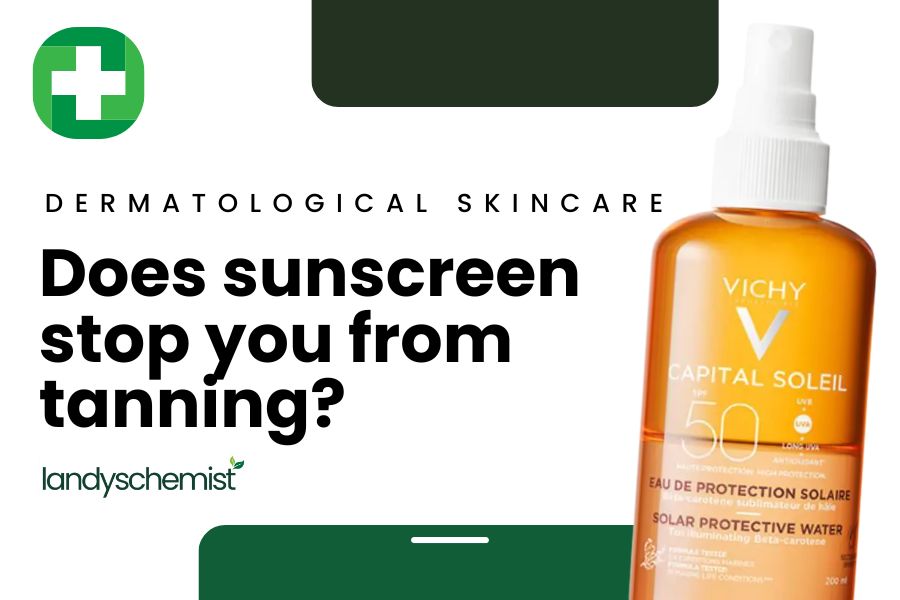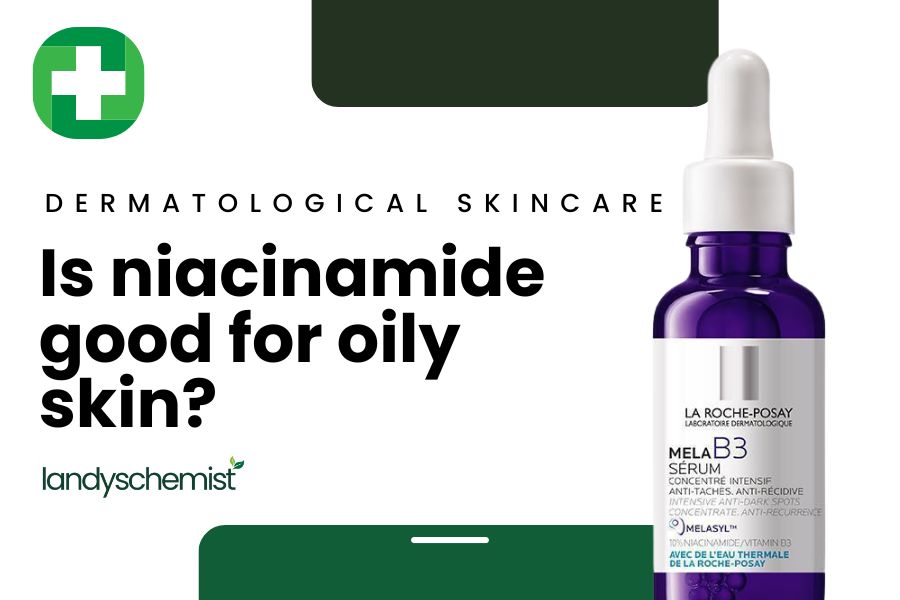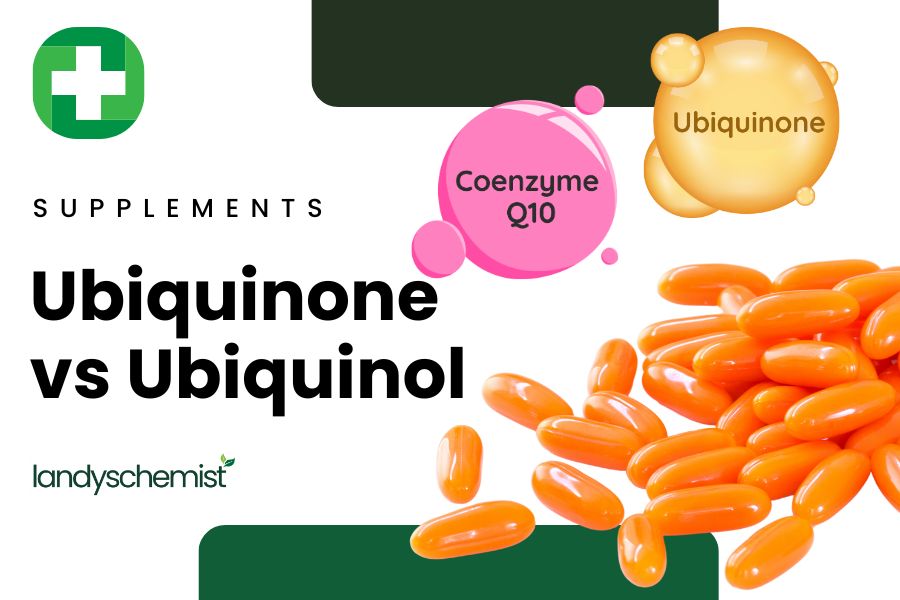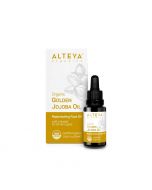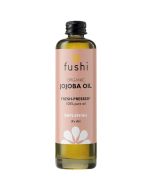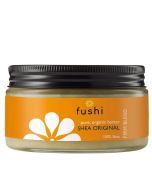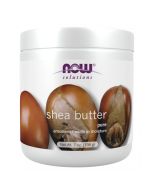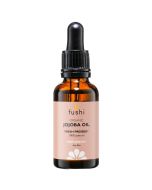
Is Beef Tallow Good for the Skin? Pros & Cons

What is beef tallow?
Beef tallow, also known as beef dripping in the UK, is a natural, nutrient-rich fat derived from rendered beef suet (visceral fat), which is typically from the fat surrounding the kidneys of cows. This creamy, solid fat at room temperature is made by slowly heating beef fat to separate impurities, resulting in a pure and clean product.
Known for its historical use in traditional skincare remedies, beef tallow has become increasingly popular in skincare talks on TikTok as a natural moisturiser due to its healthy fatty acid profile, closely resembling the natural oils our own skin produces. Beef tallow in skincare is used to treat conditions like eczema, dry skin, and acne scars, helping to deeply nourish, repair, and hydrate the skin while supporting its natural barrier.
Benefits of beef tallow for the skin:
- Dry Skin: Beef tallow is a natural and deeply moisturising fat that helps hydrate and nourish dry skin. Its rich fatty acid profile, including oleic and stearic acids, locks in moisture, leaving skin soft and supple. Studies on similar fats, such as mutton tallow, suggest it may improve skin hydration.
- Eczema and Psoriasis: Beef tallow's anti-inflammatory properties, due to its conjugated linoleic acid (CLA) content, can help soothe eczema and psoriasis symptoms. By supporting the skin's natural barrier, it may help to reduce the severity of irritation, scaling, and redness. Further reading: L-Histidine Supplementation for Eczema
- Itchy Skin: A study suggests that beef tallow's fatty acid composition and ability to support lipid metabolism may help nourish and support the skin barrier, offering relief for dry, itchy skin.
- Ageing Skin: Beef tallow is packed with fat-soluble vitamins including vitamins A, D, E, and K, that promote collagen production and protect against oxidative stress, helping to reduce wrinkles and fine lines.
- Sensitive Skin: Beef tallow is highly biocompatible with human skin, meaning it is gentle and easily absorbed. This makes it ideal for sensitive skin, offering hydration without causing irritation. A review examined the biocompatibility of tallow with human skin, indicating its potential as a moisturiser that offers hydration without causing irritation.
Lack of Studies
While beef tallow has a rich history of use in traditional remedies and contains nutrients beneficial for skin health, it is important to note that scientific studies specifically examining beef tallow's effects on the skin are limited. Most claims are based on anecdotal evidence or extrapolated from studies on its individual components, such as fatty acids and fat-soluble vitamins. Further research is needed to substantiate these skincare benefits. Explore our dermatological skincare solutions for targetted care towards your skin.
Potential Negatives of Beef Tallow
- May Clog Pores: Beef tallow is comedogenic for some individuals, meaning it can clog pores and potentially do more worse than good, especially for those with oily or acne-prone skin.
- Oily skin: The heavy and occlusive nature of beef tallow can enhance sebum (oil) production, resulting in an excessively oily appearance and potentially increasing the risk of clogged pores.
- Rosacea: Beef tallow is generally not recommended for rosacea-prone skin due to its heavy and occlusive nature, which may irritate sensitive skin or exacerbate flare-ups. While it contains beneficial nutrients and may improve some symptoms, the richness of the fat can potentially trap heat or trigger inflammation, both of which are common triggers for rosacea.
- Seborrheic Dermatitis: Seborrheic dermatitis is often associated with yeast overgrowth, and using rich oils like beef tallow can create an environment that supports yeast proliferation, potentially worsening symptoms.
How to choose the best beef tallow for your skin:
- Grass-Fed Source: For higher nutrient content and purity.
- Unrefined and Pure: Choose minimally processed, unrefined tallow free from additives or preservatives.
- Tested for Quality: Look for products tested for contaminants.
- Odour-Free Option: If sensitive to scent, choose deodorised or lightly scented tallow.
- Ethically Sourced: Prioritise brands that use sustainable and ethical farming practices.
Beef Tallow Alternatives for Skin:
- Shea Butter: Rich in fatty acids like oleic and stearic acid, similar to beef tallow, providing deep hydration and skin barrier support.
- Cocoa Butter: Contains saturated fats and antioxidants, offering a thick, nourishing consistency for dry and sensitive skin.
- Jojoba Oil: A lightweight, wax-like oil that closely mimics the skin's natural sebum, making it a great alternative for hydration and skin barrier repair.
Frequently Asked Questions (FAQ’s)
Is beef tallow suitable for all skin types?
Beef tallow is highly nourishing and compatible with many skin types, particularly dry and sensitive skin, due to its similarity to human sebum. However, it may not be ideal for oily or acne-prone skin, as its occlusive nature can clog pores, potentially leading to breakouts.
Can beef tallow cause acne?
Beef tallow contains beneficial fatty acids, but it is mildly comedogenic, meaning it can clog pores for some individuals, especially those with oily or acne-prone skin. Patch testing is recommended before applying it to larger areas of the face.
How should beef tallow be used in skincare?
Beef tallow can be applied as a moisturiser or incorporated into DIY skincare products, such as balms and creams. To use it effectively, apply a small amount to damp skin after cleansing to lock in moisture. Store it in a cool, dark place to maintain freshness.
Can beef tallow help with dry skin?
Yes, beef tallow is excellent for hydrating and nourishing dry skin, thanks to its rich fatty acid profile, including oleic and stearic acids, which help to lock in moisture. It is particularly effective for extremely dry areas, such as elbows, knees, and heels.
Can beef tallow worsen certain skin conditions?
Beef tallow may not be suitable for rosacea, seborrheic dermatitis, or extremely oily skin, as its heavy texture can trap heat, promote yeast growth, or exacerbate oiliness. Individuals with these conditions should seek alternatives or speak to a dermatologist before using beef tallow.
Keywords: beef tallow for skin, benefits of beef tallow, beef tallow skincare, beef tallow for dry skin, beef tallow for eczema, grass-fed beef tallow, natural moisturiser.

